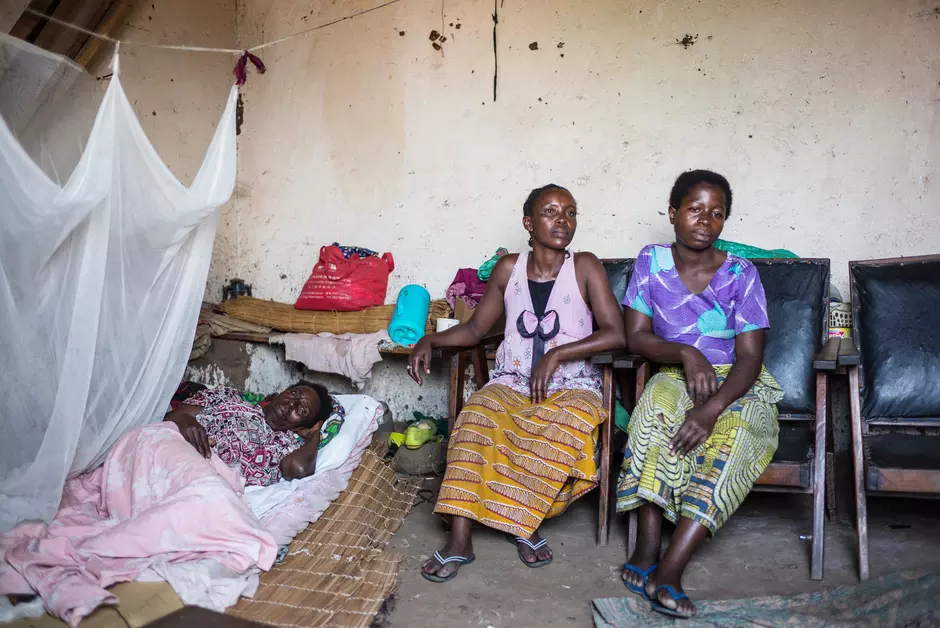
© Isabelle Serro / Fondation Veolia
---
A recent study has investigated the relationship between food insecurity and cholera(1). Food insecurity is defined as a lack of stable access to food in adequate quantity or quality(2). Richterman and colleagues looked at multiple dimensions of national food security and annual cholera incidence rates in 30 low- and middle-income countries from 2012 to 2015.
Parameters of food security were measured in terms of availability, affordability, and overall food security. The model estimated this relationship by controlling for national health expenditure; conflicts; cholera vaccination campaigns; extreme weather; and water, sanitation and hygiene indicators(1).
According to their results, the 30 countries reported approximately 550,000 cholera cases over the four-year study period. The researchers found a relationship between annual cholera incidence and overall national food security, availability and affordability. These findings suggest that national food insecurity may impact the scale of cholera outbreaks, or that alternatively, more extensive cholera outbreaks may have an adverse effect on national food security(1).
The observations are consistent with observations reported from Haiti, in which household food insecurity was associated with a household reporting at least one cholera case, independent of wealth and other confounding factors(3). At an individual level, food insecurity may lead to increased risk for cholera due to impaired immunity stemming from malnutrition; behavioral changes during periods of food scarcity leading to a higher likelihood of consuming unsafe water or food; or compromised mental health, which may affect an individual’s ability to engage in preventative measures or seek healthcare when needed(3,4).
The study did not however enable the identification of the specific mechanisms by which food security may impact the number of cholera cases (or vice versa) at the national level.
This association should be considered in assessing cholera risk in vulnerable regions and in designing cholera control interventions, while keeping in mind that as with cholera incidence(5), food security levels are likely heterogeneous within countries.
References:
1. Richterman A, Azman AS, Constant G, Ivers LC. The inverse relationship between national food security and annual cholera incidence: A 30-country analysis. BMJ Glob Heal. 2019;4(5):1–8.
2. Ivers LC. Food insecurity and public health. CRC Press, Taylor & Francis Group; 2015.
3. Richterman A, Franke MF, Constant G, Jerome G, Ternier R, Ivers LC. Food insecurity and self-reported cholera in Haitian households: An analysis of the 2012 Demographic and Health Survey. PLoS Negl Trop Dis. 2019;13(1):1–10.
4. Weiser SD, Young SL, Cohen CR, Kushel MB, Tsai AC, Tien PC, et al. Conceptual framework for understanding the bidirectional links between food insecurity and HIV/AIDS. Am J Clin Nutr. 2011;94(6):1–11.
5. Lessler J, Moore SM, Luquero FJ, McKay HS, Grais R, Henkens M, et al. Mapping the burden of cholera in sub-Saharan Africa and implications for control: an analysis of data across geographical scales. Lancet. 2018 Mar.
